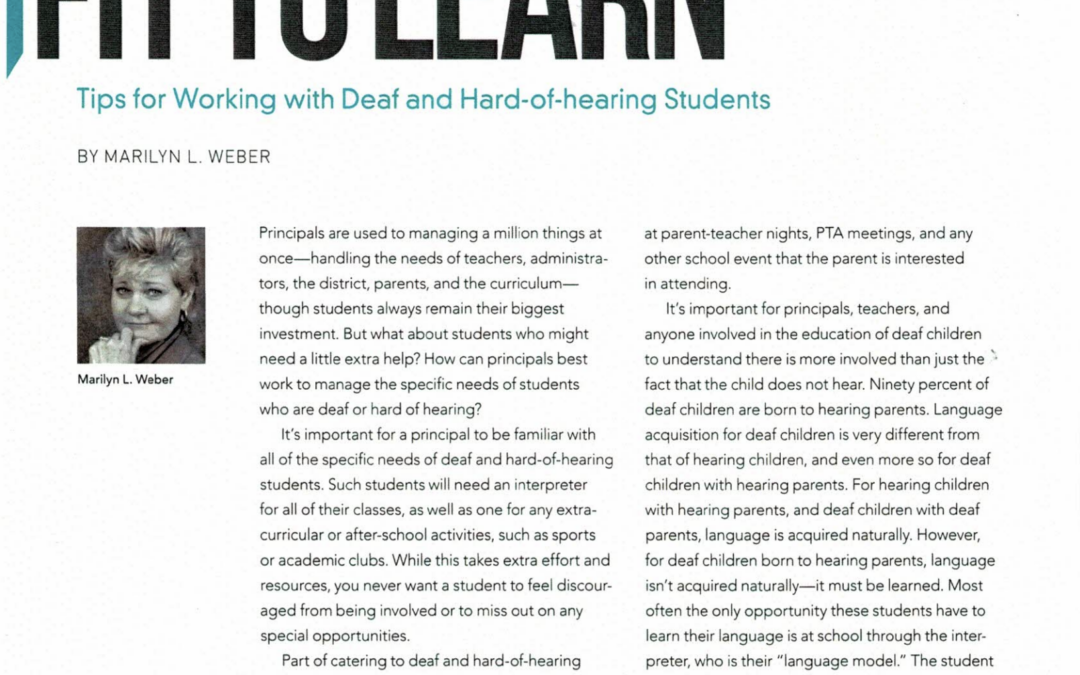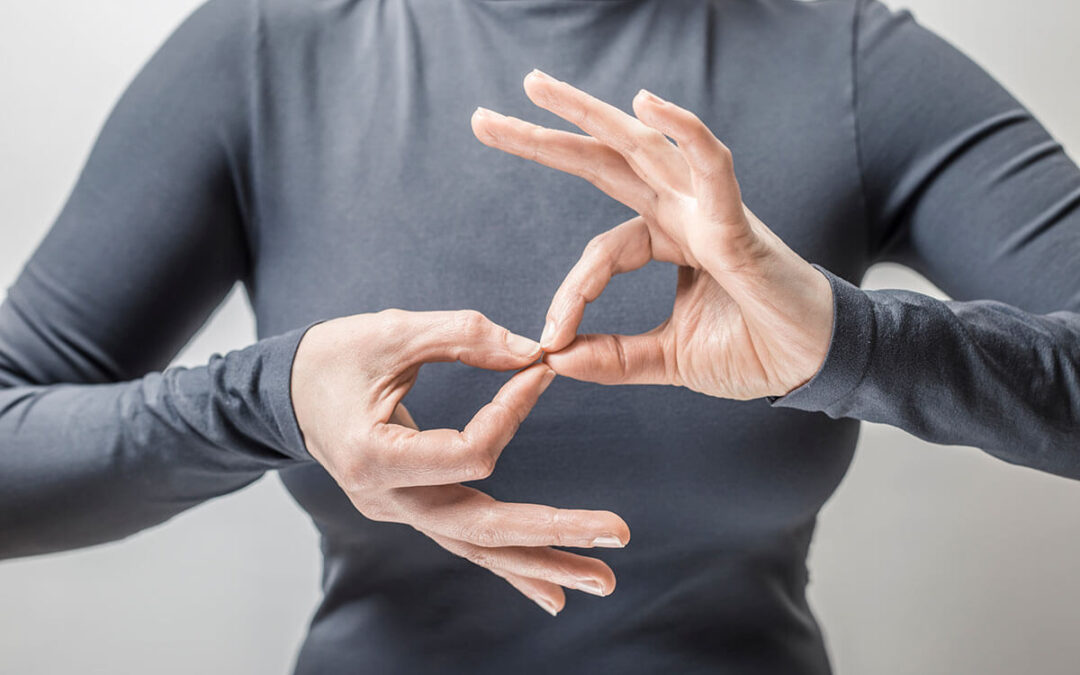‘Sally and the Possum,’ Australia’s first television series for deaf kids, launched this July on the Australian Broadcasting System’s ABC2. The 30-episode series is for children aged four to eight who use Australian Sign Language (Auslan) as their primary means of communication, and is designed to develop early literacy, numeracy and communication skills. The programs also include an Australian English voiceover to enable siblings, caregivers and friends to enjoy the production.
Best friends, Sally and Possum do everything together whether it’s making delicious icing for a cake or flying high in a hot air balloon, they always have exciting adventures. In each episode, Sally and Possum, together with a little help from their school children friends, use sign language to interact with deaf children as they find fun-filled solutions to everyday problems.

Sally and Possum meet deaf kids, blow bubbles, fly kites, paint, and build craft boats and airplanes in the Season 1 trailer
“Deaf and hard of hearing children can face major communication obstacles and the television series supports our commitment to inclusive education and universal access to a kindergarten program in the year before full-time school,” said Education Minister Kate Jones, who added that the Department of Education was the driving force behind the new Sally and Possum series. “The series was locally produced in collaboration with early childhood teachers of the deaf, experts in early childhood language and literacy and members of Queensland’s deaf and signing community.”
The series uses engaging characters, bright colors and everyday environments familiar to young children. It covers concepts such as ‘up and down’, ‘hot and cold’, and ‘smooth and rough’ through narrative, play, and exploration in a kitchen and backyard.
If you’re not in Australia, the Sally and Possum television series can be streamed from ABC iview or viewed via the Queensland Government’s Education website where there are also ‘Sally and Possum’ teaching notes for educators. The website will soon also include two integrated and mobile apps to help children build on the concepts featured in the show.
TV for the Deaf in Other Countries
A number of other countries have experimented not only with TV shows for deaf children, but programming for deaf adults as well as mainstream programming that involves deaf characters as protagonists.
In Canada, deafplanet was a Canadian television series for children in American Sign Language (ASL) that ran from 2003-2005. The show follows the character Max, who accidentally lands on “Deafplanet”, where he meets a deaf teenager Kendra. She only uses sign language, but with the help of an interpreting robot, Max is able to understand her. She is determined to help Max get back to his home.
DeafJapanTV produces TV segments and videos specifically for the deaf community in Japan, augmented with Japanese Sign Language. Kids can watch anime cartoons that are signed, and teens and adults can view everything from a signed version of ‘Game of Thrones’ to signed technology tutorials (‘How to Restore the 2011 MacBook Air’) to current events on DeafJapanNews.
In the U.K., the BBC reports that Wallace and Gromit, a famous clay animated comedy series, had its origin in a BBC series called Vision On—which was originally created for deaf children. Vision On, which ran from 1964 to 1976, was a children’s program that mixed art, animation, clowning, dangerous stunts and sign language.
The U.K. has a particularly rich set of programming for deaf children: ‘Magic Hands‘ is a show featuring poetry for children translated entirely into British Sign Language (BSL), ‘Signed Stories‘ introduces families to great books with both sign languages and subtitles, and Remark News keeps U.K. deaf citizens up-to-date on all the latest in deaf news. My Deaf Life, also produced in the U.K., is kind of a variety program for deaf people. It covers everything from news about Miss Deaf World to advice on ‘How to Keep Your Man’ and ‘How to Choose a Driving Instructor’ — all translated into BSL.
Here in the U.S., DeafTV produces videos oriented towards both adults and kids, and a cursory search of YouTube via search words such as ‘Deaf Children’s TV’ turns up hundreds of segments produced by dozens of production houses, including The National Deaf Children’s Society, No Limits for Deaf Children and many others. And there are dozens of collections of interesting and helpful links for deaf people. For instance, DeafMovies.org provides a list of full-length films in ASL, and a list of deaf film festivals around the world.
In 2012 ABC introduced a series called ‘Switched at Birth,’ which was the first American television show to feature multiple deaf characters, and deaf actors front and center, not relegating them to the sidelines or to procedural subplots. Most important, the deaf characters aren’t portrayed as saints, and are just as realistically flawed as their hearing counterparts, landing in trouble with parents, teachers or even the law. There’s a lively Quora forum gathering responses to the question, ‘What Did Deaf People Think of ‘Switched at Birth?’’ and Marlee Matlin told the Wall Street Journal that the series was breakthrough TV.
“It adds a great deal of dimension to the public’s perception of what deaf people are like,” she said. “Because you really understand that there’s more than just a deaf person who happens to move their hands…there’s a language, there’s a culture, there’s relationships between deaf people, deaf people and hearing people, there are obstacles, there is happiness and joy, and people are watching this all flow into their living rooms.”



